Stop the Screen Addiction: Why Your Child’s Brain is Crying Out for Real Play (And How to Fix It Today)
Are You Accidentally Stealing Your Child’s Future?
Picture this: Your 4-year-old sits mesmerized by their tablet for the third hour today while you catch up on work. Sound familiar?
Here’s a shocking truth that will make you want to hide every screen in your house: Children today start using digital media at just 4 months old—compared to 4 years in 1970. That’s not a typo. Your baby is becoming a “digital native” before they can even crawl.
But here’s what’s worse—every extra hour of screen time could be rewiring your child’s developing brain in ways that might surprise you. What if I told you there’s a simple solution that costs nothing, requires no apps, and can instantly boost your child’s intelligence, creativity, and happiness?
You’re about to discover why the best toy isn’t electronic, and how 30 minutes of the “right” kind of play can do more for your child’s development than any educational app ever could.
The Hidden Danger Lurking in Your Living Room
Your Child’s Brain Under Attack
You think that educational app is helping your toddler learn? Think again.
Excessive screen time doesn’t just affect behavior—it rewires developing brains. Research shows children with high screen exposure score lower on math and English tests, struggle with working memory, and have trouble switching between tasks.
Even worse? Background TV (yes, the show YOU’RE watching) damages language development in children under 5, even when they’re not directly watching.
Here’s what happens to your child’s brain on screens:
- Cognitive function plummets – Working memory and attention span decrease
- Language skills suffer – Less parent-child interaction means slower vocabulary growth
- Social skills deteriorate – Difficulty reading emotions and interpreting social cues
- Addiction patterns form – Dopamine pathways activate, creating dependency-like behaviors
The Screen Time Trap Everyone Falls Into
Because screens are everywhere, you might think they’re harmless. They’re not.
Studies link excessive screen use to:
- Increased risk of obesity and sleep disorders
- Higher rates of depression and anxiety in children
- Aggressive behavior patterns
- Reduced psychological well-being
But here’s the good news: You can reverse this damage starting today.
The Magic Solution Hiding in Plain Sight
Why Simple Toys Beat Top Tier Electronic Gadgets Every Time
Want to know a secret? The most powerful brain-building tool costs less than $10 and requires no batteries.
It’s called open-ended play, and it’s the opposite of everything our digital world offers your child.
While electronic toys follow predetermined paths, simple toys like blocks, cardboard boxes, and art supplies force your child’s brain to work harder. They imagine possibilities, solve problems, and create their own discoveries.
Here’s what happens when you give your child a cardboard box instead of an iPad:
- Creativity explodes – They transform it into spaceships, castles, or race cars
- Problem-solving skills develop – They figure out how to make it work for their vision
- Confidence soars – No “wrong” way to play means constant success
- Independence grows – They direct their own learning adventure
The Outdoor Play Revolution Your Child Needs
Physical activity activates your child’s brain more than any worksheet ever could.
When your child runs, climbs, and explores outdoors, their brain literally grows new neural networks. Here’s the science:
Cognitive Benefits:
- Enhanced memory recall and problem-solving abilities
- Better understanding of spatial concepts and geometry
- Improved attention span (especially crucial for ADHD children)
- Increased mental focus and alertness
Physical Health Wins:
- Stronger cardiovascular fitness and muscle development
- Better coordination and balance
- Healthier sleep patterns and weight management
- Reduced stress, anxiety, and irritability
Social-Emotional Growth:
- Improved cooperation and negotiation skills
- Better conflict resolution abilities
- Increased empathy and emotional intelligence
- Higher self-esteem and joy levels
Your Action Plan: Reclaim Your Child’s Childhood Today
Step 1: Set Smart Screen Boundaries (Starting Right Now)
Stop making screen time negotiations. Here are the expert-recommended limits:
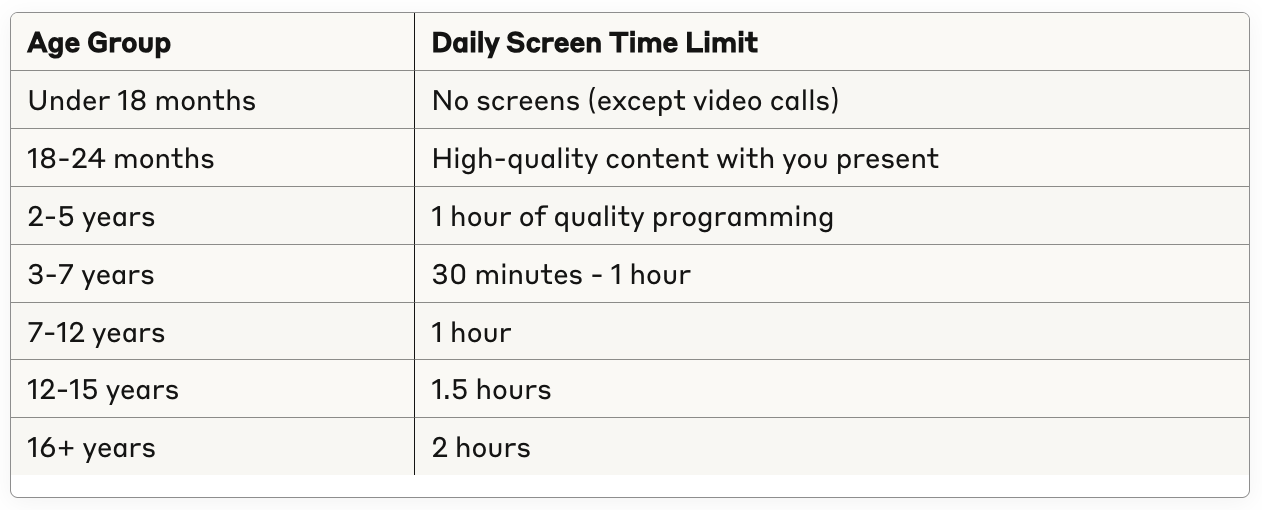
Easy Implementation Tips:
- Create screen-free zones (bedrooms, dining areas)
- Establish screen-free times (meals, hour before bed)
- Use timers so kids can see limits clearly
- Keep screens out of bedrooms entirely
Step 2: Transform Your Home Into a Play Paradise
You don’t need expensive toys—you need the RIGHT toys.
Stock up on these brain-building basics:
- Wooden blocks or educational play sets like Spielgaben
- Art supplies (crayons, paper, playdough)
- Dress-up clothes and props
- Cardboard boxes (yes, really!)
- Outdoor equipment (balls, jump ropes, sidewalk chalk)
Pro tip: Rotate toys weekly. When children have fewer options, they play more creatively with what’s available.
Step 3: Embrace the Power of Boredom
“I’m bored” is music to your ears—here’s why:
Boredom forces creativity. When your child complains they’re bored, resist the urge to hand them a screen or schedule an activity. Instead, say: “Wonderful! What amazing thing will your brain come up with?”
This simple shift teaches your child that entertainment comes from within, not from external devices.
Step 4: Get Outside Every Single Day
Make outdoor play non-negotiable. Even 20 minutes outside provides benefits no indoor activity can match.
Easy outdoor wins:
- Morning walks before school
- After-dinner park visits
- Weekend nature exploration
- Backyard free play time
- Outdoor chores (kids love helping!)
Remember: There’s no such thing as bad weather, only inappropriate clothing.
The Parent’s Secret Weapon: Your Own Behavior
Model What You Want to See
Your children watch everything you do. If you want them to choose play over screens, you need to show them how.
Put down your phone when:
- They’re talking to you
- During meals
- During their play time
- In the car (except for navigation)
Join their play sometimes: Get on the floor, build with blocks, go outside together. Your engagement tells them play is valuable and important.
Warning Signs You Need to Act Now
Watch for these red flags that screen time has gone too far:
- Tantrums when screen time ends
- Difficulty sleeping or changes in sleep patterns
- Loss of interest in other activities
- Aggressive behavior or mood swings
- Difficulty concentrating on non-screen activities
- Physical complaints (headaches, eye strain)
If you see these signs, don’t panic—but do take action immediately. Your child’s developing brain is incredibly adaptable, and positive changes happen quickly.
Your Child’s Amazing Future Starts Today
You now have the power to give your child something more valuable than any app or device: a childhood filled with discovery, creativity, and real connection.
Start with just one change today. Pick the easiest step for your family—maybe it’s putting screens away during dinner, or taking a 15-minute walk after school.
Build on your success. Once that feels natural, add another change. Small, consistent steps create lasting transformation.
Remember this: Every minute of real play you give your child today becomes brain power, confidence, and creativity they’ll carry for life. You’re not just changing their afternoon—you’re changing their future.
Your child’s brain is begging for what only you can provide: time, attention, and the gift of unstructured play.
Give them less screen, more green, and watch them beam. Their developing minds will thank you, their creativity will soar, and their childhood will be truly their own to explore.
What’s the first change you’ll make today? Your child’s future self is waiting for your answer.
Ready to transform your child’s relationship with screens and play? Check out Spielgaben
– a complete educational play system designed specifically to nurture creativity, problem-solving, and holistic development through open-ended, hands-on learning without screen.

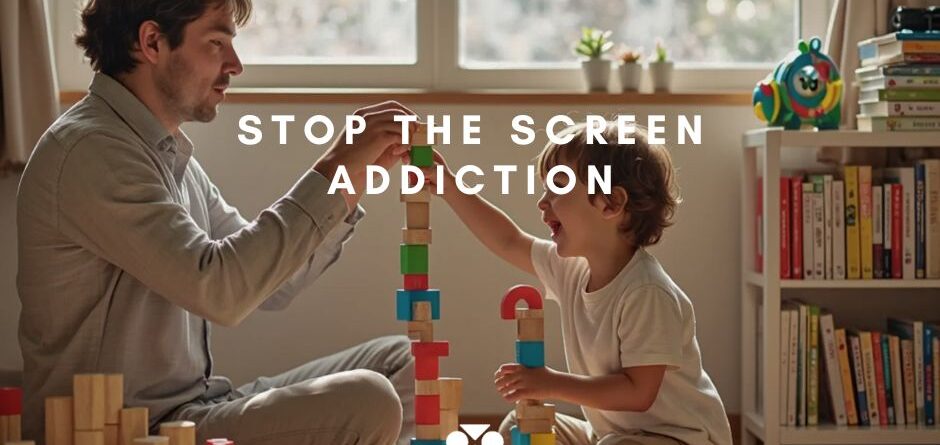

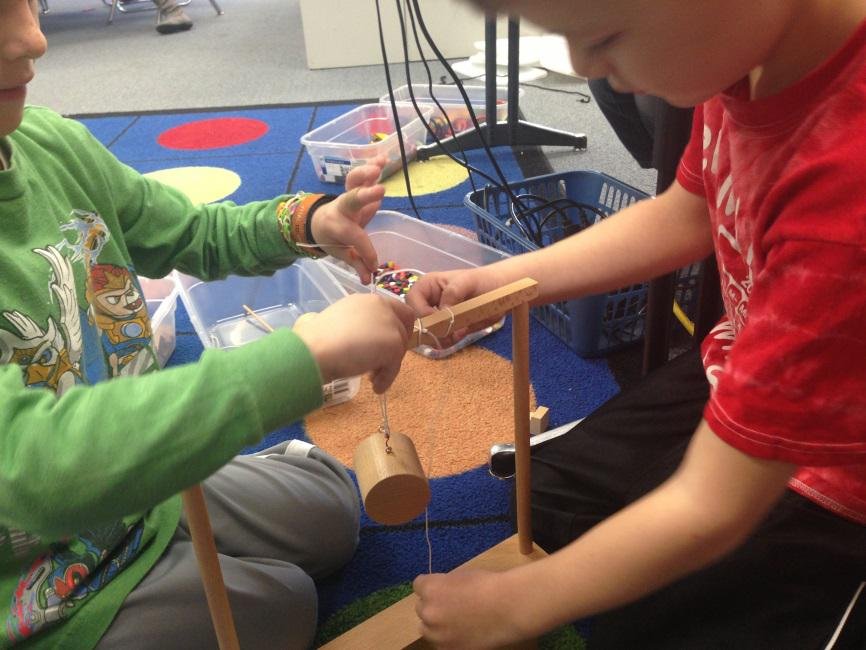


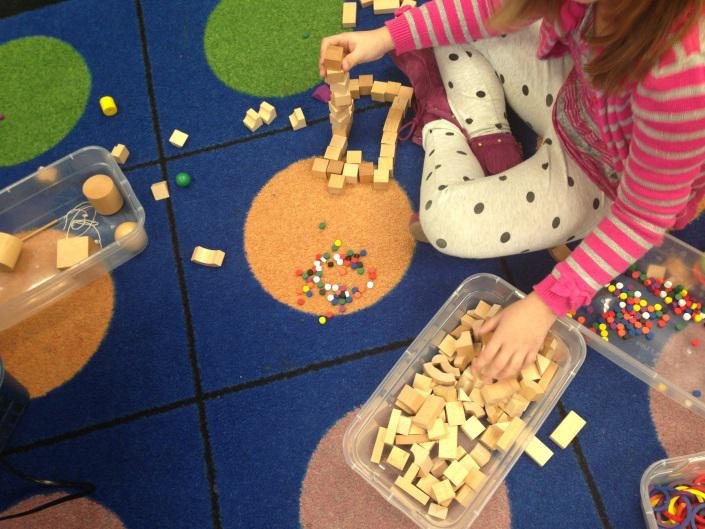
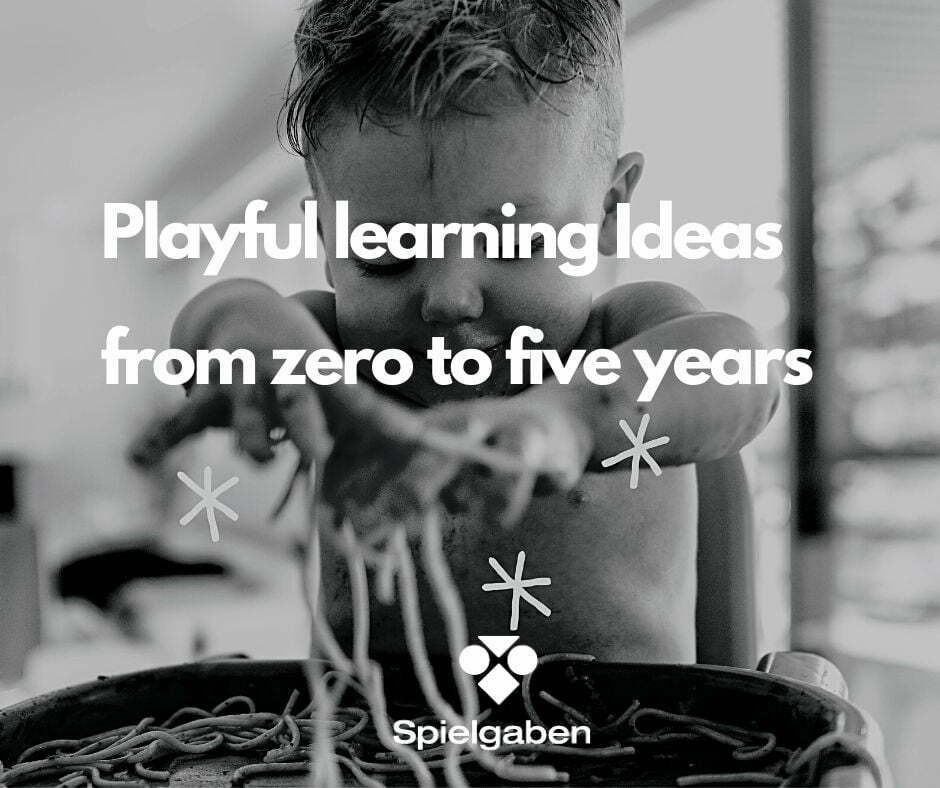

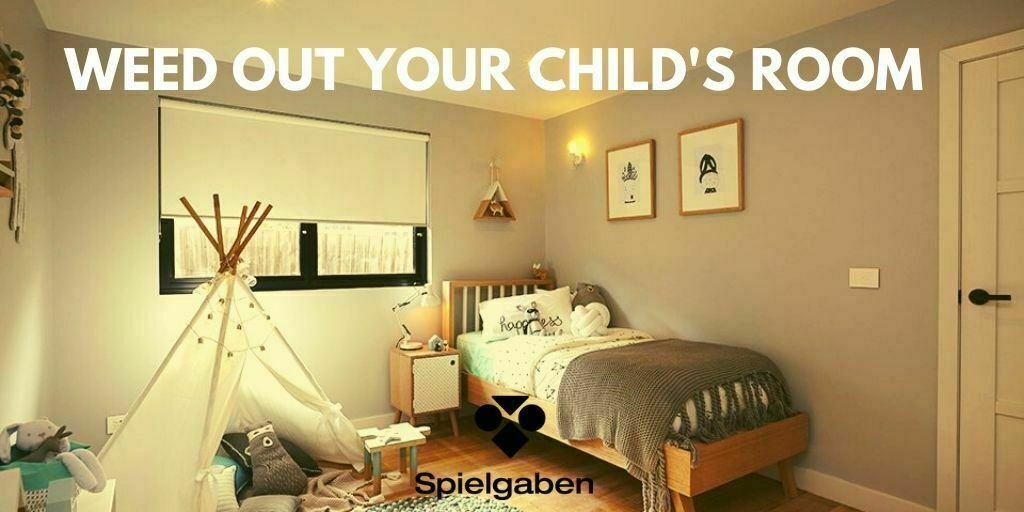



LEAVE A COMMENT